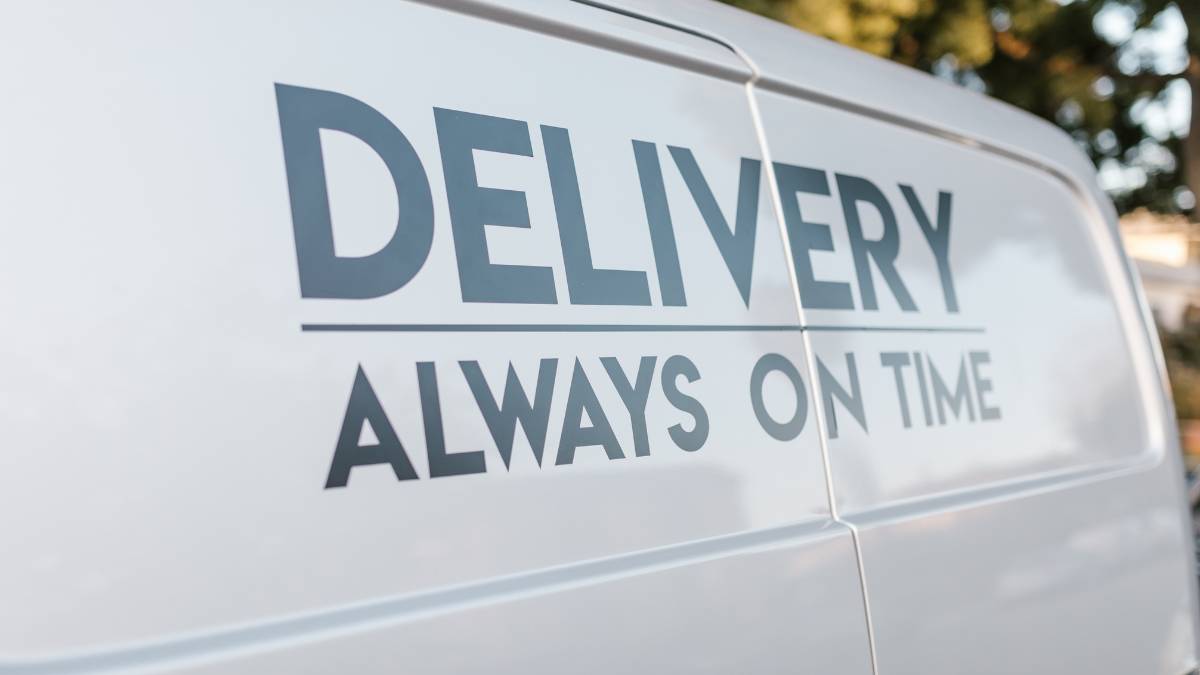Last Updated on July 25, 2016 by Bharat Saini
When it comes to planning your own networking event it can be a bit overwhelming. There’s so much to think about and remember, it can sometimes feel like an impossible battle! There are a number of questions you have to ask yourself. What is the point of the event? What is the theme of your event? Will there be a special guest at the event? What will make people want to come to the event? The list goes on! Don’t panic, this post will help you make sure you don’t forget any of the absolute essentials when it comes to planning a networking event.
1 – Guest List
Before you can start anything else, you need to ask yourself 3 key questions.
1. Who do you want to come to the event?
2. What kind of people are they?
3. What will get these types of people to you event
There’s no point trying to book a venue, entertainment, or catering, if you don’t know who you’re entertaining! The guest list should be the thing you spend the most time on.
I always find it’s a good idea to search for people local to your area who may be a good fit for your event. You may be able to connect with them through social media or even in person before the event.
You need to invite a wide variety of people, but be careful not to invite anyone who isn’t relevant. Many people invite too many people and have a mismatch of guest that don’t connect or interact – which never works. Brain storm guests with your colleagues or clients and shortlist the ones you really want there. I find having all the different agencies, companies and individual mapped out can really help. LinkedIn and other business networking sites can be a great source of people for this strategy, by seeing who’s connected and who isn’t.
2- Venue Selection
Arguably on of the biggest and hardest decisions is where to hold your event. It needs to be the right size, the right location, and the right spec for the calibre of people your inviting.
Stick to the actual number of people that you’ll be inviting when booking the event. If you book a space that’s bigger being optimistic, chances it will end up looking like no one attended the event! By the same token, if you book a space that’s too small, people may think you’ve scrimped on the budget. Also, people will be cramped and overheat and generally won’t enjoy the day. If you’re inviting 300 people, find a space that holds 280-320 people – most venues will give you this kind of ballpark figure for their space.
Other things to consider are whether the venue offers clean-up service, offers catering, provides chairs and tables, or staff? Be sure to ask all of these important questions, else you may find yourself incurring hidden costs!
3 – Transport and Parking
Most venues have dedicated parking lots for you and your guests to use, but you should also spare a thought for those that may be travelling via public transport. Check all of this before agreeing on the venue. You should include parking and transport details in your invitation so guests know exactly where to go.
4 – Food
Decide from the off if you will have food at the event. Some events do call for catering. If it’s an all-day event, many people will come expecting to be fed. If it’s an evening event though for example, it may not be necessary. If you do opt to feed your delegates, it’s important to find a decent caterer who will deliver to the event, so you don’t have to worry about how you will transport it. This is when it comes in handy for the venue to provide catering.
5 – Security
Any event with a large number of attendees requires extensive and careful security planning. Depending on the facility and the normal procedures for access control, the process for granting admittance to event is important. Some people opt to give their delegate Wristbands or Lanyards. I’ve you’re having VIP areas that are off-limits to some delegates, it’s a good idea to use colour coding.
It’s often a good idea, if you’re planning a particularly large event, to hire a security firm to manage the security for you. Make sure that all decisions and procedures developed during the planning process are visibly documented and communicated to all personnel.
Other things to consider…
• You may want to survey some of the people who you would like to attend the event. This will give you get a sense of what convinces them to go to one networking event and skip another.
• Consider charging for your networking event, even if it’s a small amount. Having to put down cash in order to attend an event can convince prospective attendees that they’re attending a more premium event and that a higher calibre of people will be there.
• Publish the news of your event across all social channels you control. If you have a blog, an email newsletter, social media accounts or any other way people about the event, do so.
• Create an attraction for your event outside just the opportunity to meet some cool people. Exactly what will work depends on your industry and audience. There are some people who will show up any time there are free drinks and others who want to hear a speaker or see an exhibit.
To Conclude
Planning your own networking event is probably the best way there is to make sure that you have the opportunity to meet exactly the sort of people who you want to connect with, and planning a successful networking doesn’t have to be difficult. Allowing enough time to plan the event will mean you’ll be able to avoid becoming overwhelmed. If you stick to your budget and timeline, pick a great venue, hire quality vendors, and invite the right people, you’ll have memorable event.
Are you interested in becoming an event planner? Start your journey here.


